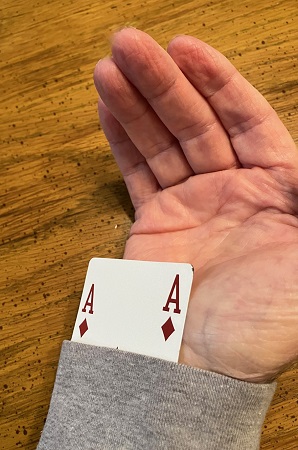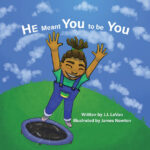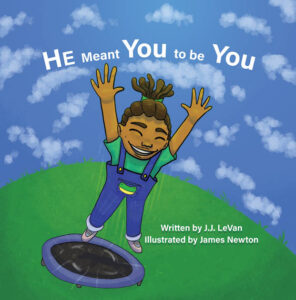Saddle Up
 Before we ride a horse, we usually saddle up. We put the saddle on the horse. Sometimes for competition. Other times for a leisurely ride.
Before we ride a horse, we usually saddle up. We put the saddle on the horse. Sometimes for competition. Other times for a leisurely ride.
A few people ride bareback, but most of us prefer the comfort and control a saddle gives.
Saddle up means to get ready.
Before we begin any activity, we plan what we need to do and the best way to do it. Then we are good to go.
Even with the best of plans, we all make mistakes. However, when that happens, we get back on the horse and keep going.
Failure to saddle up hurts everyone.
Proper planning results in greater opportunities for success. Lack of preparation leads to disappointment and defeat.
Prepare for life’s greatest ride.
If we join a trail ride, a leader often calls out, “Saddle up. Let’s ride.” Everyone gets ready. No one wants to be left behind.
God extends opportunities for this life plus life in heaven. Let’s get ready for both.
Saddle up. Let’s ride!
“Abraham … saddled his donkey… and went to the place of which God had told him” (Genesis 22:3 ESV).
Thanks to Sharon Berry for the suggestion and to Chelsey Stone for the photo.
Do you have an expression you want explained or a thought about this one? If so, please comment below.
Subscribe to receive my weekly posts by email and receive a free copy of “Words of Hope for Days that Hurt.”
If you enjoyed this post, please share it with your friends.










